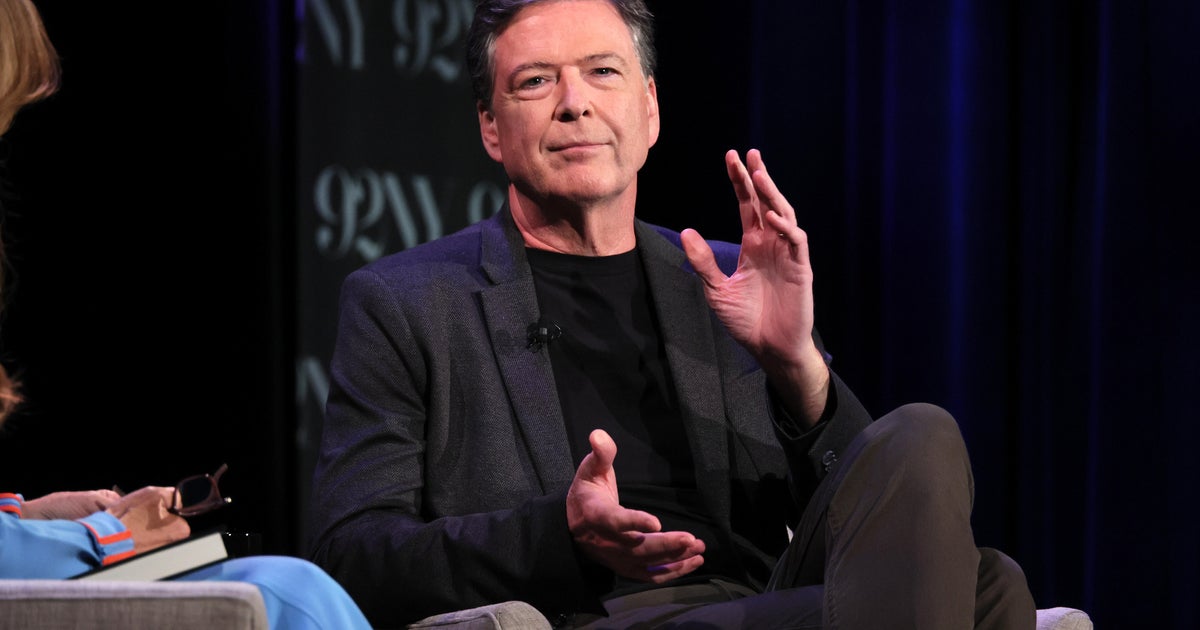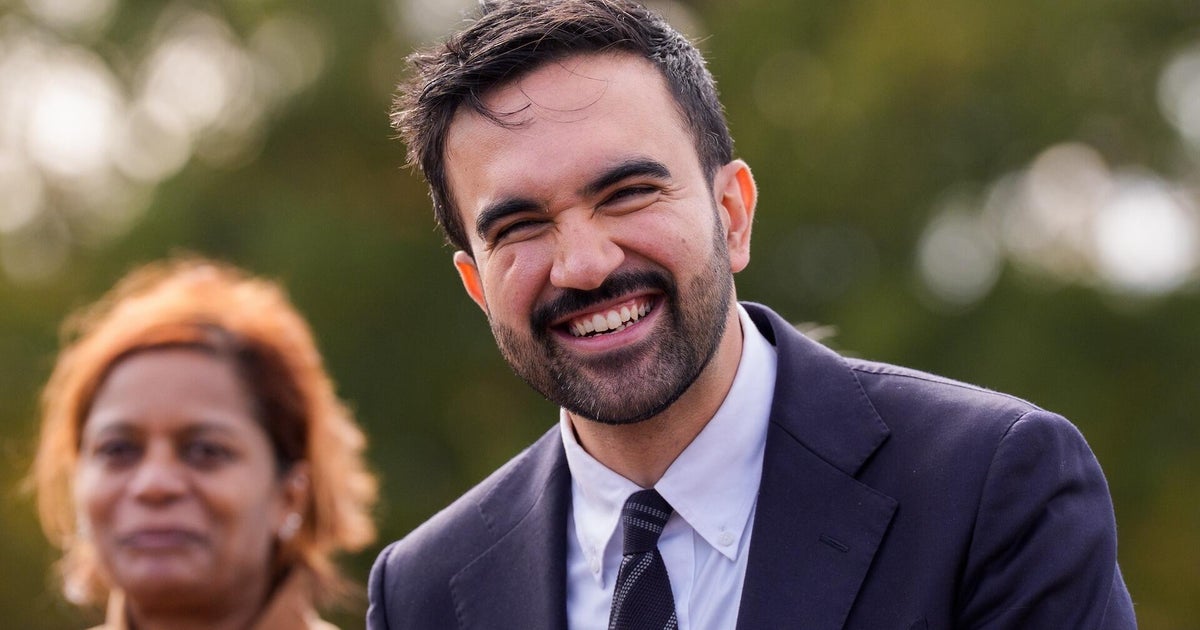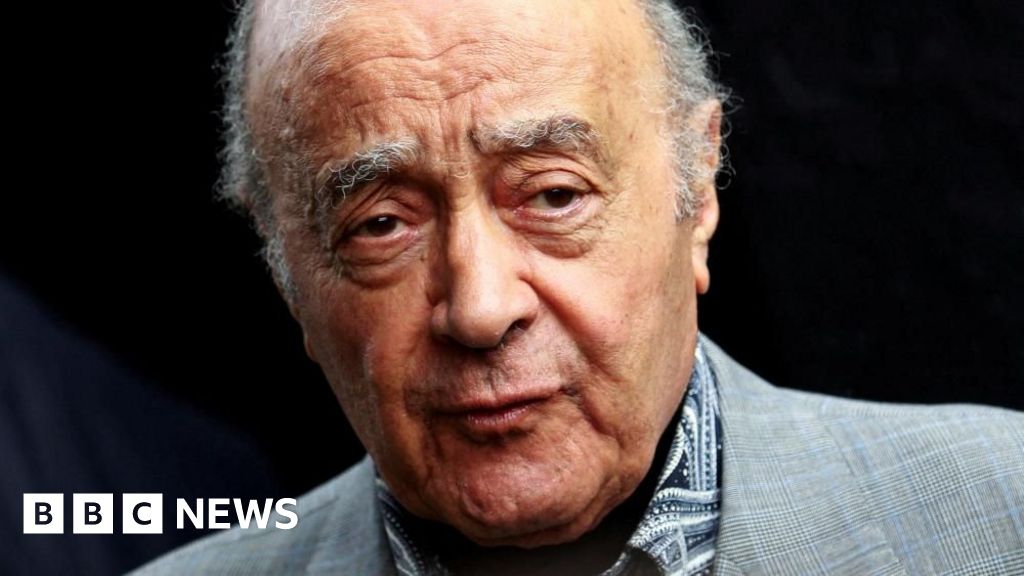Die, My Love
★★★½
CTC. 118 minutes
British director Lynne Ramsay has never shied away from emotional extremes. Nor has Jennifer Lawrence and in Die, My Love, the two come together to incendiary effect.

Jennifer Lawrence and Sissy Spacek in Die, My Love. Credit: Kimberly French
The film is an adaptation of the book by Argentinian writer Ariana Harwicz, who has made a literary specialty out of women struggling to meet the demands of marriage and motherhood. And the most diverting bit of information about its trip to the screen is the fact that Martin Scorsese belongs to a book club. It was the club’s discovery of the novel that prompted him to take it to Lawrence’s production company.
Ramsay then joined the team, although she had hesitated initially, believing she’d covered similar ground before in her film of Lionel Shriver’s book, We Need to Talk About Kevin, with Tilda Swinton as a woman unable to form a bond with her child. But Lawrence’s Grace, the mother in this film, feels very differently. Her baby is the only positive in her life. And her descent into clinical depression doesn’t have her lapsing into hollow-eyed lassitude. It leads her to erupt with a violence that reduces those around her to shocked silence.
The book is set in a French village. The film transfers the narrative to a comparable corner of rural America where Grace’s husband, Jackson (Robert Pattinson), had grown up. With a tin-eared insensitivity to his wife’s character and temperament, he has brought her to a rundown house that once belonged to his uncle, Frank, neglecting to tell her that Frank had shot himself on the premises. He also makes her a present of a yappy dog that pees all over the house, chews up the cushions and keeps her awake by howling all night.
The screenplay shuffles scenes of Grace’s life like a pack of cards with no regard for timelines or the conventions of plot-making. It’s up to us to assemble the clues and build them into a coherent whole. This can be hard work as well as leaving one or two crucial questions unanswered but the mingling of memory, dream and the mundane realities of Grace’s domestic routines does mirror her febrile, hallucinatory state of mind. We certainly get a graphic picture of her relationship with Jackson as their once playful and passionate sex life declines into indifference on his part and frustrated longing on hers.
There’s a poignant counterpoint to this in the marriage of Jackson’s parents, Pam (Sissy Spacek) and Harry (Nick Nolte). Harry, who has dementia, is near the end of his life and when he finally slips away, Pam is distraught. Grace, too, was fond of him. In his rare moments of lucidity, he shows signs of understanding her better than anyone else does.
There are seductive distractions in its setting. Ramsay’s direction is alive to both the beauty and the oppressiveness of the landscape with its long, dusty roads, seemingly going nowhere and the contrasting lushness of the nearby woods with their green depths and slanting shafts of sunlight.
Loading
Grace often finds solace in the woods. People are her problem. She’s ready to fire up at any sign of condescension over what the neighbourhood has diagnosed as her case of postpartum depression, yet when home alone with the baby, she clowns around with an uninhibited pleasure in simply moving her body. It’s a heartfelt and inventive performance, infused with a dangerous and sardonic air of unpredictability. Without its many colours, the film could have degenerated into one long whinge.
Die, My Love is in cinemas from November 6.
Must-see movies, interviews and all the latest from the world of film delivered to your inbox. Sign up for our Screening Room newsletter.
Most Viewed in Culture
Loading


















































